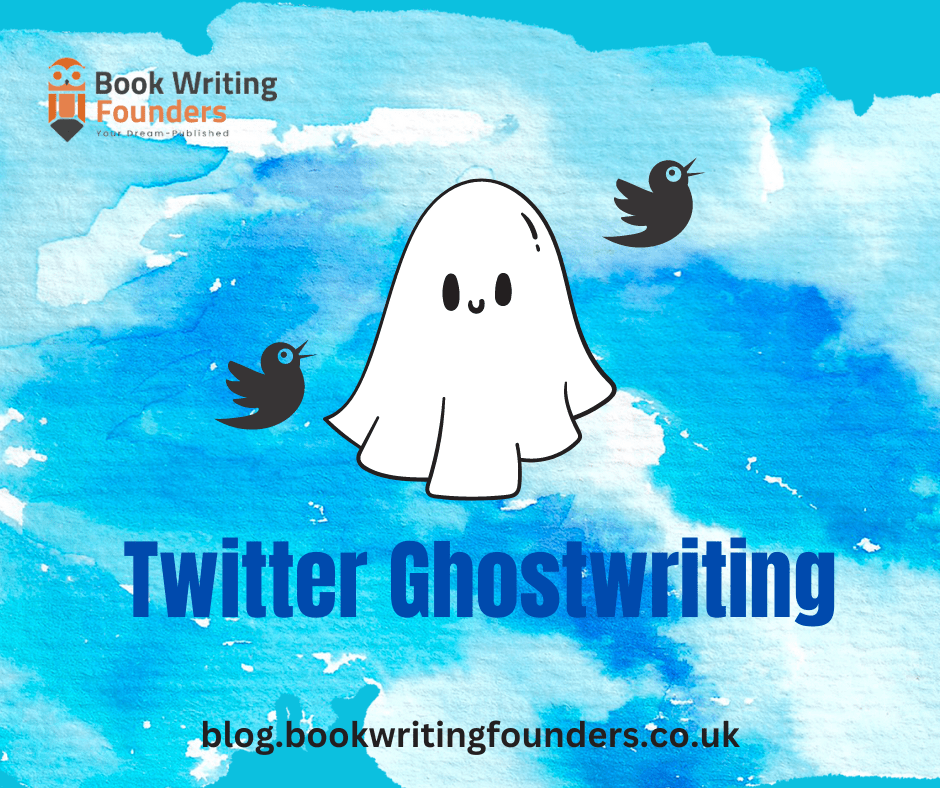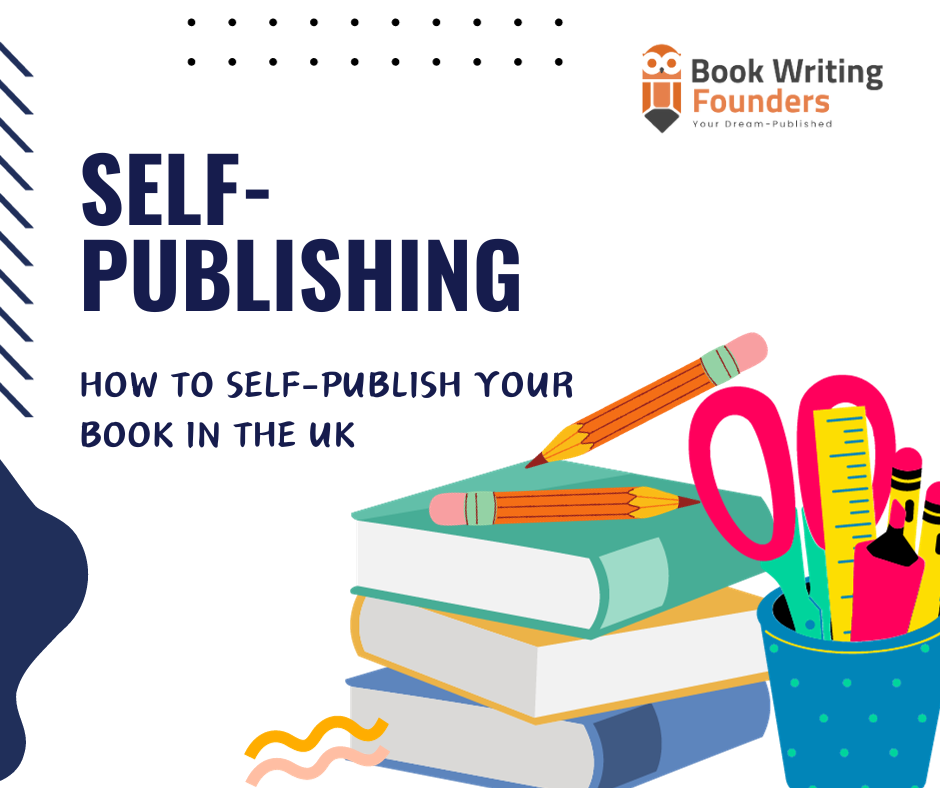
Books
In a world brimming with literary choices, the role of book reviews has never been more significant. These insightful critiques provide a window into the heart of literature, helping readers navigate the vast landscape of books.
In this article, Book Writing Founders UK will help you discover reviews’ historical significance, modern-day relevance, and profound influence on readers and authors in the United Kingdom.
What Are Book Reviews?
Book reviews are thoughtful and analytical discussions of a book’s content, style, and overall impact. They provide insights, evaluations, and recommendations for potential readers.
In the UK, reviews are found in various forms, from professional critics’ assessments in newspapers to online reviews by everyday readers.
Historical Significance of Book Reviews
Book reviews in the United Kingdom have a fascinating history that goes back to when newspapers were the go-to source for literary critique. Back then, if you were an avid reader looking for your next literary adventure, you’d turn to the newspaper to see what books were worth your time.
But these reviews did more than just help readers find great books. They played a significant role in shaping the literary culture of the nation. Think of them as the architects of the literary landscape.
These reviews could make or break a book’s reputation, and authors eagerly awaited the critics’ verdict. A glowing review could launch a book into stardom, while a scathing one could spell its downfall.
The real game-changer in the history of reviews was the invention of the printing press. This technological marvel made printing more books and, of course, more reviews possible. It democratized access to literature and critics, which meant that the influence of reviews grew exponentially.
So, whether you’re a fan of classic literature or modern novels, you owe a debt of gratitude to the historical book reviewers of the UK. They were the literary trailblazers of their time, helping readers discover hidden treasures and ensuring that books remained a vital part of our cultural heritage.
In the UK, these reviewers have shaped our rich literary tradition and have left an indelible mark on the world of books. Their legacy lives on in the reviews we read today, whether in newspapers, online blogs, or social media.
The Power of Book Reviews in Promoting Literature
For authors, reviews are the lifeblood of their careers. Positive reviews can catapult an unknown writer to stardom, while negative reviews can be devastating.
Notable authors like J.K. Rowling and J.R.R. Tolkien received mixed reviews initially but later became literary legends. This shows the transformative power of time and constructive criticism. That’s why we bring you some ways these book reviews help promote literature.
1. Guiding Readers
Reviews serve as a compass for readers in the vast sea of available literature. They help individuals make informed choices by providing an overview of the book’s content, its genre, and the reader’s likely experience.
For instance, a review may indicate whether a book is a thrilling mystery or a heartwarming romance. This enables readers to select books that align with their preferences.
2. Boosting Sales and Author Recognition
Positive reviews can significantly boost book sales and raise the profile of both established and emerging authors.
When a well-respected reviewer praises a book, it often catches the attention of potential readers and can lead to increased sales. This can be a game-changer for authors and publishers alike.
3. Fostering Literary Community
Book reviews are a key part of the literary discourse in the UK. They create a sense of community among readers, critics, and authors. The reviews spark conversations and debates.
This allows people to share their thoughts and interpretations of a book. This interaction fosters a sense of connection and shared enthusiasm for literature.
The Role of Book Reviews in Critiquing Literature
Reviews are not just about praising books; they also offer constructive criticism, which can be instrumental in shaping the literary landscape. Here’s how:
1. Encouraging Quality Writing
Authors pay close attention to reviews, both positive and negative. Constructive criticism from reviewers can help authors improve their writing. This contributes to the growth of quality literature. Authors can use feedback from reviews to refine their skills and produce better work in the future.
2. Spotlighting Diverse Voices
Reviewers are crucial in highlighting books that represent diverse voices and perspectives. They can bring attention to stories and authors that may not have received mainstream recognition otherwise, enriching the literary landscape with a wider range of narratives.
The Human Touch in Book Reviews
One aspect that sets reviews apart from AI-generated content is the human touch. A human reviewer brings emotions, personal experiences, and a unique perspective to their evaluation.
This personal connection adds depth and authenticity to the review, making it relatable and engaging for readers.
The Challenges of Maintaining Integrity
In a world where AI-generated content and Plagiarism are prevalent, maintaining the integrity of book reviews is not without its challenges.
Reviewers must adhere to ethical guidelines and best practices to ensure their work is free from Plagiarism and the influence of automated content generators.
Tips for Authentic Book Reviews
If you want to write some good reviews, here are some tips.
1. Read the Book Thoroughly
A genuine review requires a thorough reading of the book. Readers can easily spot reviews based on a superficial understanding of the content.
2. Express Your Personal Opinion
Your personal opinion and feelings about the book matter. Readers appreciate when a reviewer shares their emotional response and thoughts about the work.
3. Avoid Plagiarism
Always attribute quotes and ideas to their sources. Plagiarism erodes the review’s credibility and damages the literary landscape’s integrity.
The Role of Book Reviewers
To maintain the integrity of the reviewing process, reviewers must uphold a set of responsibilities. They should provide honest and constructive critiques, offer a balanced perspective, and guide readers without imposing their personal biases.
Conclusion
In the UK, reviews are more than just summaries of books; they are the lifeblood of the literary landscape. These reviews guide readers, promote authors, and contribute to the overall quality of literature.
These reviews offer valuable insights for readers and impact the careers of authors. They’ve come a long way from traditional media to digital platforms, providing diverse opinions. Reviews act as guiding lights for literature enthusiasts in a world of choices.





